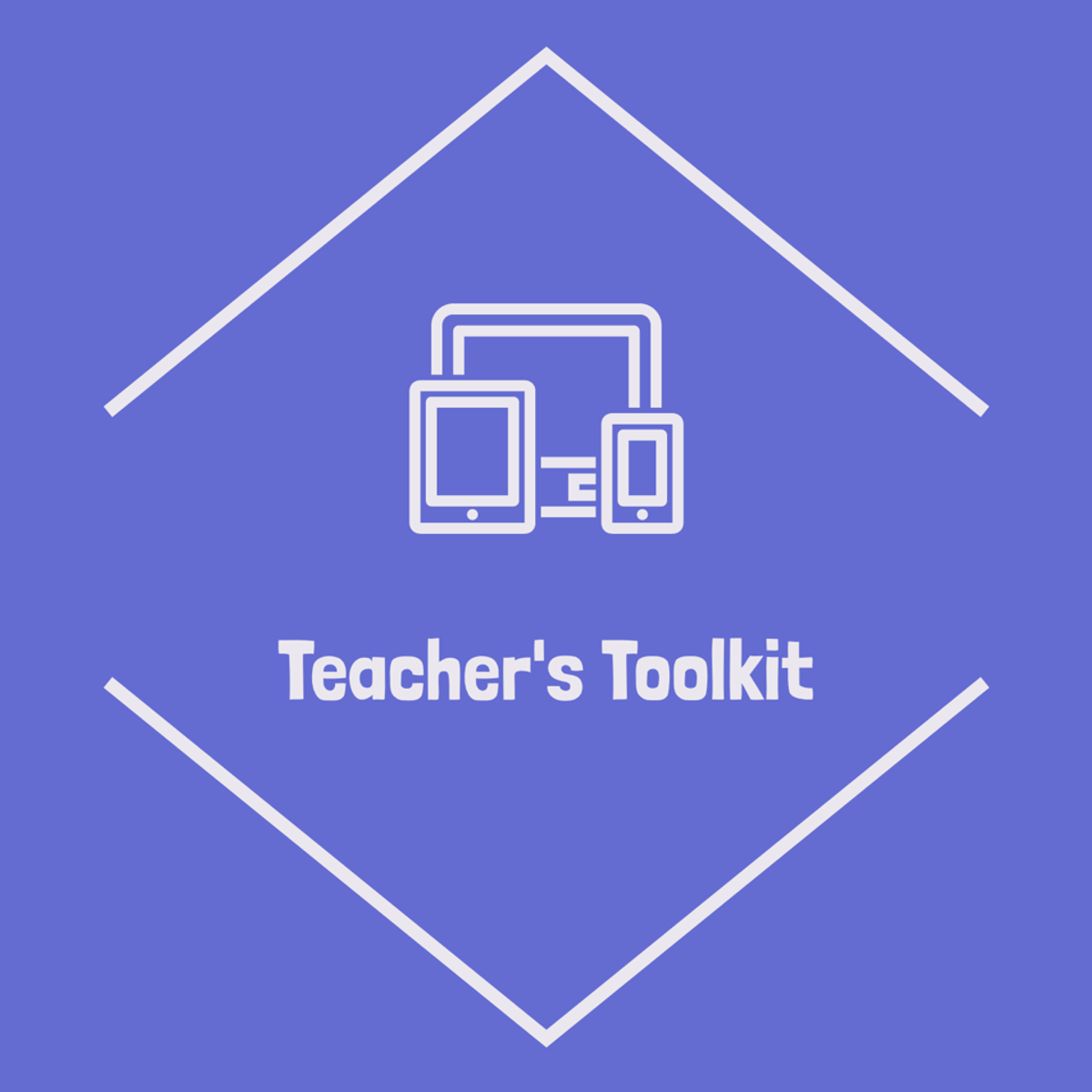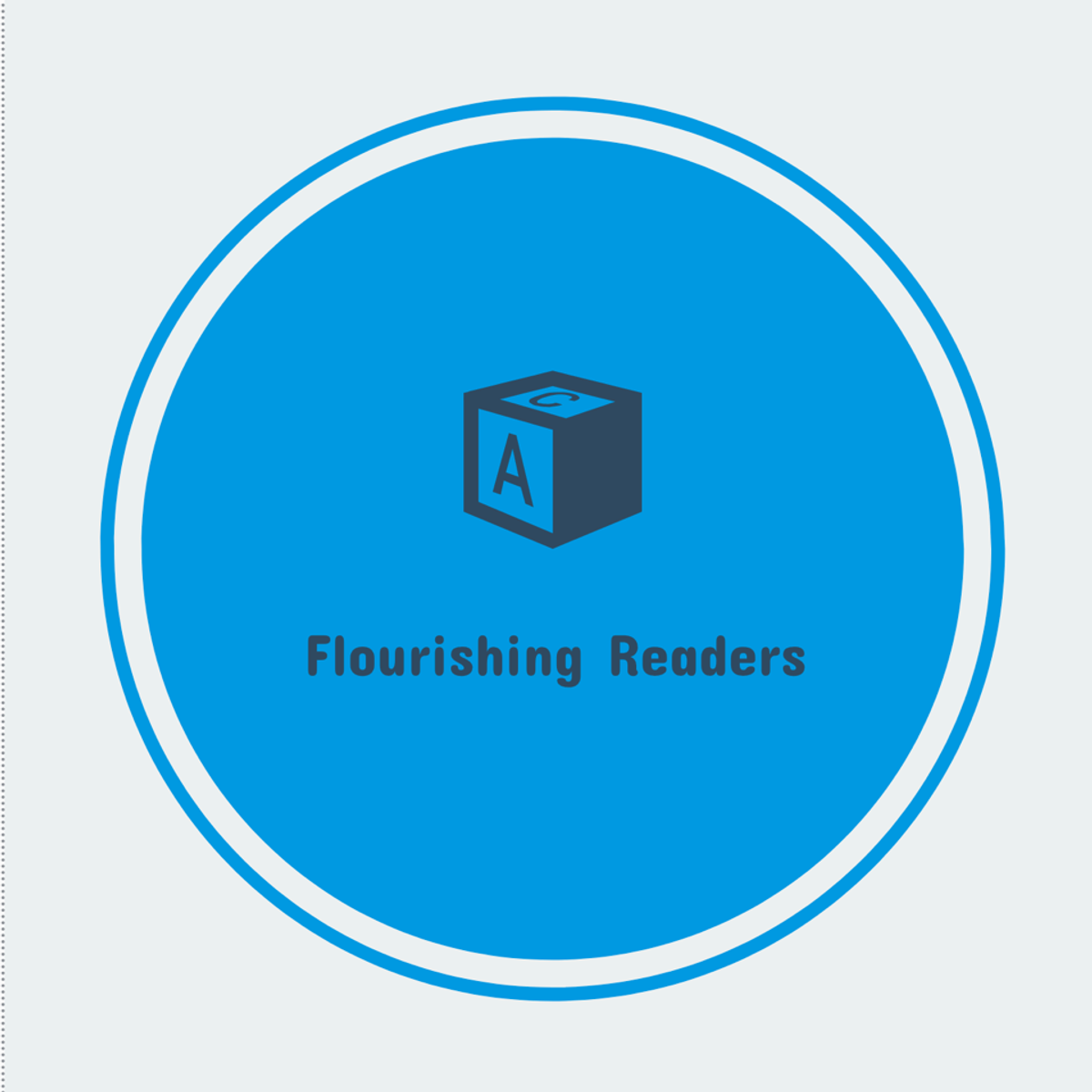Back to Courses









Personal Development Courses - Page 16
Showing results 151-160 of 514

Graphic Design
Welcome to Graphic Design, the second course in the Effective Communications Specialization. Over 70 different companies have provided this specialization to their employees as a resource for internal professional development. Why? Because employers know that effective visual communication is the key to attracting an audience, building a relationship, and closing the sale.
This practical course gives you the tools to create professional looking PowerPoints, reports, resumes, and presentations. Using a set of best practices refined through years of experience, you’ll:
• make your work look fresh and inspired.
• apply simple design “tricks” to begin any project with confidence and professionalism.
• receive and respond to criticism and revise your project from good to great.
"This course is fantastic. It teaches a great amount of starter graphic design information but it is broken down into easily understood videos and quizzes. The quality was top notch and the interaction was as good as you would get in a brick and mortar school. I did not feel like I was missing anything by taking it online." - a recent Graphic Design student
All of the course assignments can be completed with basic presentation software such as Microsoft PowerPoint, Google Slides, or Apple Keynote. You’ll also have opportunities to explore and apply more sophisticated tools, such as Adobe Photoshop, Illustrator, and InDesign.
This course can be taken for academic credit as part of CU Boulder’s Master of Science in Data Science (MS-DS) degree offered on the Coursera platform. The MS-DS is an interdisciplinary degree that brings together faculty from CU Boulder’s departments of Applied Mathematics, Computer Science, Information Science, and others. With performance-based admissions and no application process, the MS-DS is ideal for individuals with a broad range of undergraduate education and/or professional experience in computer science, information science, mathematics, and statistics. Learn more about the MS-DS program at https://www.coursera.org/degrees/master-of-science-data-science-boulder.

Comic Books, Geek Culture, and the Fandom Imaginary
"Comic Books, Geek Culture, and the Fandom Imaginary" explores some of the conventional framings of “fandom” (from comic book obsessives to cosplayers) and the cultural histories that sustain it. It also explores the dark side of these dynamics, looking at what can happen when fandom turns toxic in pop culture spaces. You will continue to apply frameworks of self-reflection and close reading/analysis to the study of contemporary popular culture, and explore how those frameworks provide tools for understanding the self as much as our cultural surroundings. The course asks the fundamental question: how can what we love - what we read, what we watch, what we share - contribute to making the world a better place? Along the way, you’ll continue to develop your skills in honing and representing your fandom, specifically engaging in activities designed to help you find your fellow fans, help you find your people, and connect with them outside and beyond the course.
Course-Level Learning Outcomes
* Define and describe the dynamics of geek culture (fantasy, science fiction, comic books, graphic novels), as well as its relationships to fandom, popular culture, and digital media
* Apply critical self-reflection and close reading frameworks through analytical writing and creative expression
* Engage with pop culture and fandom communities by leveraging online platforms to make connections and synthesize learning
* Reflect on your personal relationship to geek culture (fantasy, science fiction, comic books, graphic novels), and how popular culture intersects with memory and nostalgia
Course 3 Skills:
* Analysis
* Self-Reflection
* Critical Thinking
* Communication
* Culture
* Close Reading

Chinese for Beginners
Nowadays, there is an increasing number of people who are interested in Chinese culture and language. And it is useful to know about the language when coming to China for travel or business. This is an ABC Chinese course for beginners, including introduction of phonetics and daily expressions. After taking this class, learners can have a basic understanding of Chinese Mandarin and make basic conversations of daily living such as exchanging personal information, talking about daily arrangements and food, asking about price, introducing the city and the weather, telling your hobbies etc. Selected topics and situations come from real life scenarios and can be used for everyday communications. In addition to the dialogues, the selection of reading materials and practice activities will make the content as rich and varied as possible, in order to stimulate the learners’ interests. This is an elementary course on Chinese speaking. The learners don’t need to study Chinese characters, so it is easier to follow and complete this course.

Solving Complex Problems Capstone
From the very start of the specialization, your assignments will be geared toward tackling a complex issue of your choice that you face in your career path, industry, or field. Each phase of the course builds up to a briefing paper that analyzes, evaluates, and attempts to solve a highly complex problem. Not only does this course teach you a skill set, but it puts you further down the road in understanding the problems of your chosen field. It advances your knowledge of your own field by teaching you to look at it in new ways. This is the CAPSTONE where the scaffolding of our problem solving and innovation skills will bear fruit in a series of preparatory assignments to make your briefing paper as effective as possible.

ICT in Primary Education: Transforming children's learning across the curriculum
Why and how are teachers integrating ICT (Information and Communication Technology) into primary education? In this course we analyse examples from schools in different parts of the world, and bring professional teachers, headteachers and policymakers together to share their best ideas and inspiring stories.
The materials in the course are based on studies carried out for the UNESCO Institute of IT in Education, Moscow.
Learning Outcomes:
to be aware of the range of reasons for using ICT
to critique the strategies for developing ICT over time
to analyse the strengths and weakness of different decision-making mechanisms
to become familiar with a wider range of useful tools and resources for integrating ICT

The Little Stuff: Energy, Cells, and Genetics
In this course, we will explore the smaller side of biology: molecular biology. We’ll cover basic topics including cell biology and how cells can go “rogue” and turn into cancer, how energy from the sun is transferred to fuel our bodies, basics of genetics and inheritance, and genetic technologies. At the end of this course, we will discuss ethical and moral implications of several exciting and new genetic technologies.

Use Wakelet to Curate Learning Collections
With the endless learning opportunities available online, it can be overwhelming to find and save the best of the best for your students. With Wakelet, you can organize videos, assignments, and much more into learning collections for your students.

Communication skills for engineering scholars
The course teaches engineering scholars how to improve their communication skills, based on theory, examples and practical exercises.
Topics include basics of rhetoric (how to be clear), basics of argumentation theory (how to be persuasive), public speaking, grant writing, scientific writing.
The main target are engineering scholars; the first 3 weeks, though, can be useful to anyone wishing to improve their communication skills.

Collaborate Effectively for Professional Success
Collaboration is not just the act of working together. It goes beyond that. Through collaboration, you can accomplish much more than what you would if you worked alone. Having the skills to communicate with the people you are working with and being able to work as a team towards your goal are just some of the skills you will learn in this course to help you collaborate effectively in the workplace.
In today's day and age, collaborating as a group does not just mean being able to see and communicate with each other in person, collaborations are done virtually all the time. This short course will teach you about some of the obstacles you may face while virtually collaborating with people and how to overcome these barriers with teamwork.
In order to collaborate successfully, you have to be able to recognize and apply different methods of communication. Collaborating involves working with other people, and when working with others you need to be able to understand their behaviors and how to effectively work together as a team in order to reach your goal.
This short course will help you develop the foundational soft skills to enhance the way you collaborate with your team, others in your company, business partners, and clients.
This course is part of the People and Soft Skills for Professional and Personal Success Specialization from IBM.

Encouraging Student Growth with Teach Your Monster to Read
By the end of this project, you will be fluent at using Teach Your Monster to Read to engage young readers and support their reading development. Young readers will travel through an interactive and engaging world as they begin with letters and sounds and complete their journey as Champion Readers. Teachers can even connect parents to student accounts so that student success can be celebrated by everyone. If you are looking for an innovative, well researched game that is guaranteed to engage young readers, you will want to become confident in using Teach Your Monster to Read with your students. Let’s get started together!
*You will need a free Teach Your Monster to Read account for this project.
Popular Internships and Jobs by Categories
Find Jobs & Internships
Browse
© 2024 BoostGrad | All rights reserved